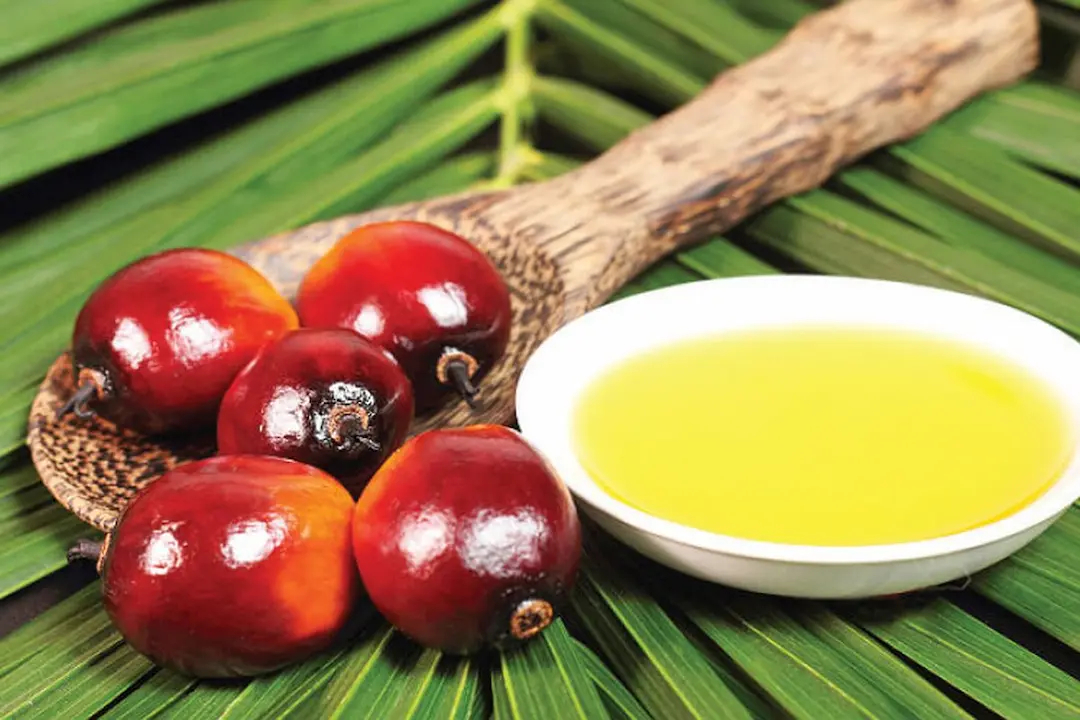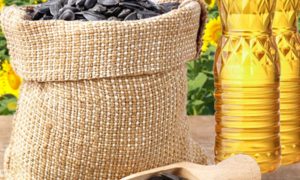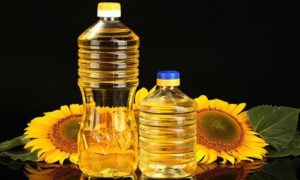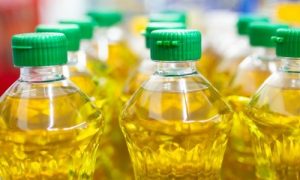‘No Palm Oil’ labelled products resurface on Malaysian shelves

“No Palm Oil” labels have reappeared in Malaysian supermarkets, defying the country’s law prohibiting such labels. Authorities had previously seized products worth RM32,000 for similar labeling. Consumers feel the law infringes on their rights, citing health and environmental concerns, including deforestation and orangutan deaths linked to palm oil production.
PETALING JAYA, SELANGOR, MALAYSIA,
“No Palm Oil” labelled products are once again on sale in Malaysian supermarkets/stores. Over the weekend, products with “No Palm Oil” labels were spotted in several Penang supermarkets such as Mydin, Giant, Sunshine and Lotus’s.
While a large quantity of labels was stuck onto international brands like Loackers, Kellogg’s, Laverland Crunch and Cheetos, local brands were spared.
Many shoppers were shocked and amused after chancing upon the labelled products, likely due to Malaysia’s existing law on the prohibition of “No Palm Oil” labels.
Just a few months ago, Malaysian authorities seized products amounting to over RM32,000 over the “No Palm Oil” label. These cases were investigated under the Trade Descriptions (Prohibition of Use of Statement, Expression or Indication) (Oil Palm Product and Palm Oil Goods) Regulations 2022, which was passed on March 12, 2022.
The law stipulates that statements or indicators discriminating or encouraging the boycott of palm oil products will incur a RM250,000 fine or a 5-year jail term.
Products without palm oil can still be sold, but without such labels. Minister of Plantation Industries and Commodities Johari Abdul Ghani emphasized that Malaysia is extremely “firm on this” and wants “to ensure that there is no discrimination against palm oil products”.
This regulation was met with considerable backlash amongst Malaysian netizens, who felt that their consumer rights were being taken away. “Let consumers make their decision. No need to instill ‘correct’ values to us adult[s],” one Redditor commented.
These labels promote consumer transparency since ingredients such as palm oil often disguises itself under unfamiliar names like Stearic Acid, Glyceryl and Elaeis Guineensis. Knowing what is inside their food allows consumers to make healthier and more informed choices.
In fact, products containing palm oil have been found to potentially increase cholesterol levels and the risk of cardiovascular disease. For mothers who are concerned, it may even affect their little one’s ability to absorb fats and calcium. More importantly, palm oil production contributes to an estimated 5% tropical deforestation and 2.3% global deforestation. According to the Orangutan Foundation International, about 1,000 to 5,000 orangutans are killed every year due to Palm Oil concessions.
Malaysia is currently the world’s second largest palm oil producer after Indonesia. The commodity contributes about 2.4% to its overall Gross Domestic Product (GDP). The country also supplies around one third of the world’s palm oil.
Palm oil is an edible vegetable oil derived from palm trees and is often found in various food and cosmetic products.
Source Link : https://www.einnews.com/pr_news/744141978/no-palm-oil-labelled-products-resurface-on-malaysian-shelves

















